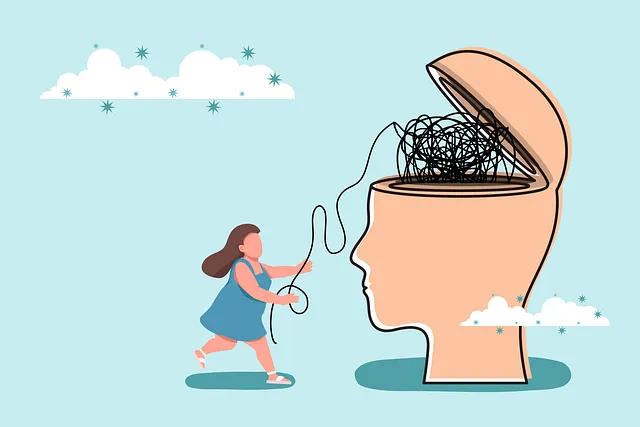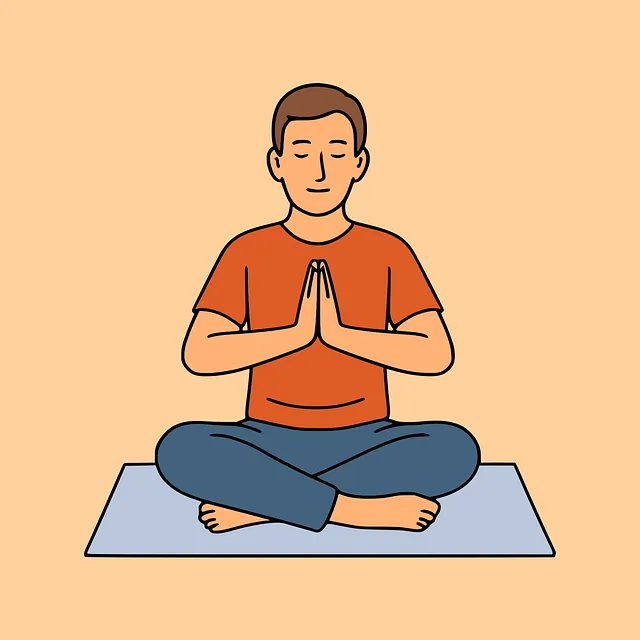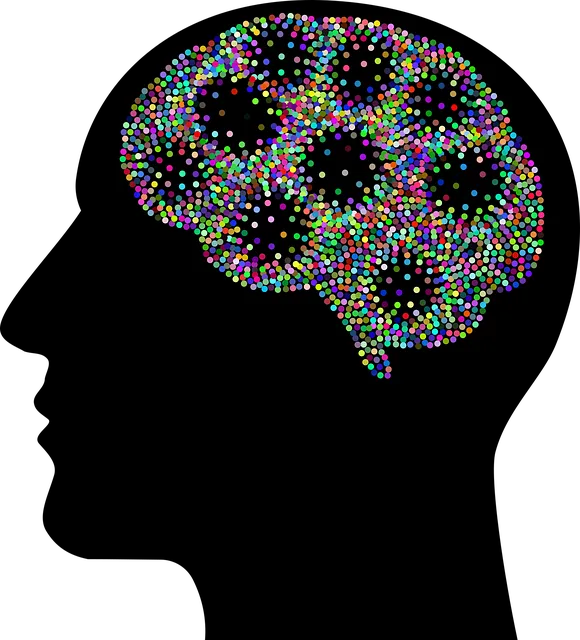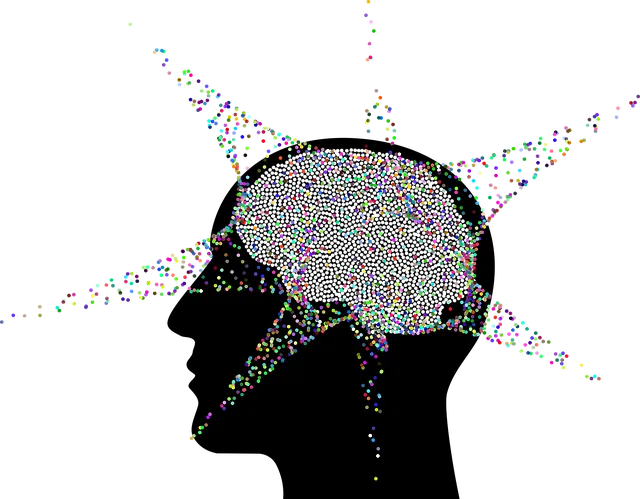The Lafayette Kaiser Permanente mental health center, praised in reviews for its resilience-focused RFM (Restoration, Fortification, Motivation) programs, offers a structured approach to combat healthcare provider burnout. By integrating mindfulness and stress reduction techniques, the center empowers individuals to cultivate positive thinking and mental fortitude, enhancing overall well-being and delivering superior care. This holistic strategy, reflected in public awareness campaigns, goes beyond symptom treatment, prioritizing emotional healing processes for lasting mental wellness, as evidenced by patient testimonials highlighting increased resilience and improved mental health outcomes.
At Lafayette Kaiser Permanente, mental health resilience is a cornerstone of our patient care philosophy. This is where RFM (Resilience, Flexibility, and Mastery) steps in as a powerful framework. Our tailored exercises focus on cultivating these key aspects, empowering individuals to navigate life’s challenges with enhanced coping mechanisms.
Through this article, we explore how Lafayette Kaiser Permanente integrates RFM into therapeutic practices, drawing from patient reviews that highlight the significant impact of these resilience-building strategies. Discover how our mental health center fosters lasting well-being.
- Understanding RFM and its Role in Mental Health Resilience
- Implementing Resilience-Building Exercises at Lafayette Kaiser Permanente
- The Impact and Benefits as Evidenced by Patient Reviews
Understanding RFM and its Role in Mental Health Resilience

At Lafayette Kaiser Permanente mental health center, reviews highlight the growing importance of resilience-focused programs, particularly those centered around RFM (Restoration, Fortification, and Motivation). Understanding RFM is crucial in the context of mental health resilience, offering a structured framework to combat burnout, a prevalent issue among healthcare providers. By integrating restoration techniques, such as mindfulness and stress reduction practices, into their routines, healthcare professionals can rejuvenate their minds and bodies, fostering a sense of calm amidst chaotic work environments.
This proactive approach complements traditional burnout prevention strategies for healthcare providers, like those reviewed at Lafayette Kaiser Permanente. Beyond mere survival tactics, RFM empowers individuals to cultivate positive thinking and mental fortitude. By reinforcing resilience, these exercises not only alleviate symptoms of stress and anxiety but also enhance overall well-being, enabling professionals to provide superior care with sustained passion and purpose.
Implementing Resilience-Building Exercises at Lafayette Kaiser Permanente

Lafayette Kaiser Permanente, renowned for its exceptional mental health center reviews, has recognized the profound impact of resilience-building exercises on patient well-being. Integrating these practices into their comprehensive care model underscores a shift towards proactive wellness and self-empowerment. Through tailored programs, individuals are equipped with essential tools to navigate life’s challenges, fostering a sense of control and enhanced emotional agility.
The mental health center leverages various techniques, from mindfulness meditation to cognitive reframing, to encourage public awareness campaigns focused on development and self-esteem improvement. By prioritizing stress reduction methods, Lafayette Kaiser Permanente goes beyond treating symptoms, empowering individuals to build inherent resilience for lasting mental well-being.
The Impact and Benefits as Evidenced by Patient Reviews

Many patients at the Lafayette Kaiser Permanente mental health center have shared their positive experiences and significant improvements after participating in RFM (Resilience, Flexibility, and Mastery) and resilience-building exercises. These reviews highlight the profound impact of such programs on mental wellness. The exercises are tailored to help individuals navigate life’s challenges by fostering emotional healing processes, which is a key aspect often lacking in traditional therapy models.
The patient testimonials underscore the effectiveness of these initiatives in enhancing overall well-being. Through RFM techniques, patients have reported increased resilience, enabling them to cope with stress and anxiety more effectively. Moreover, the center’s focus on developing mental wellness coaching programs has contributed to a greater sense of control and confidence among participants. This not only benefits the individuals but also contributes to the development of public awareness campaigns that promote holistic mental health solutions.
Resilience is a powerful tool for navigating life’s challenges, and programs like RFM offer a structured approach to building this strength. As seen through patient reviews of Lafayette Kaiser Permanente’s resilience-building exercises, these initiatives have a positive impact on mental well-being. By integrating RFM into healthcare practices, mental health centers like Lafayette Kaiser Permanente can empower individuals to cultivate resilience, fostering a more robust and adaptable mindset that benefits them in all aspects of life, as evidenced by the enthusiastic feedback from patients.






